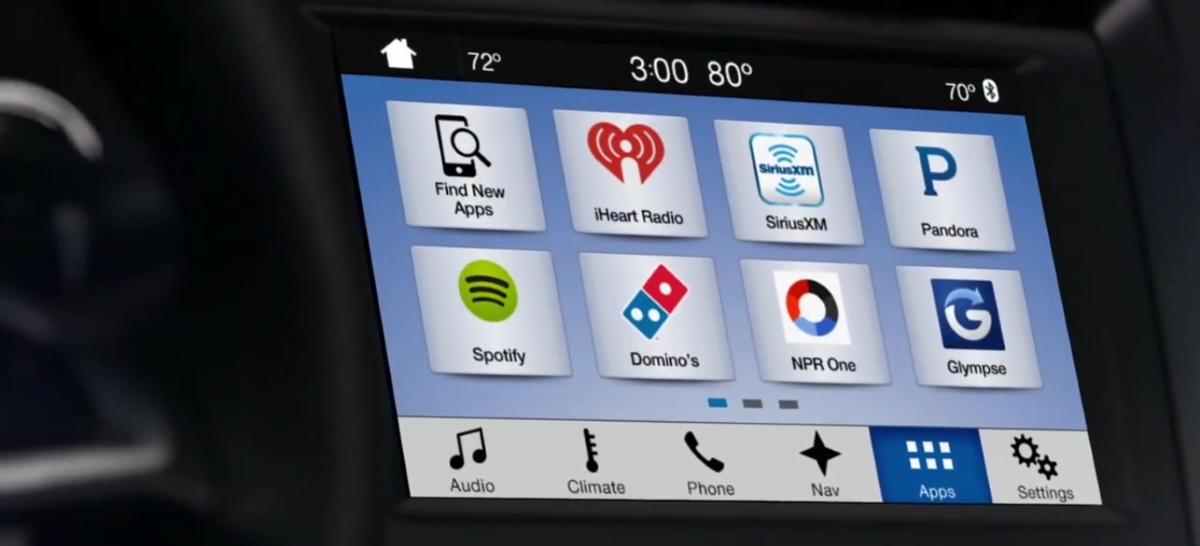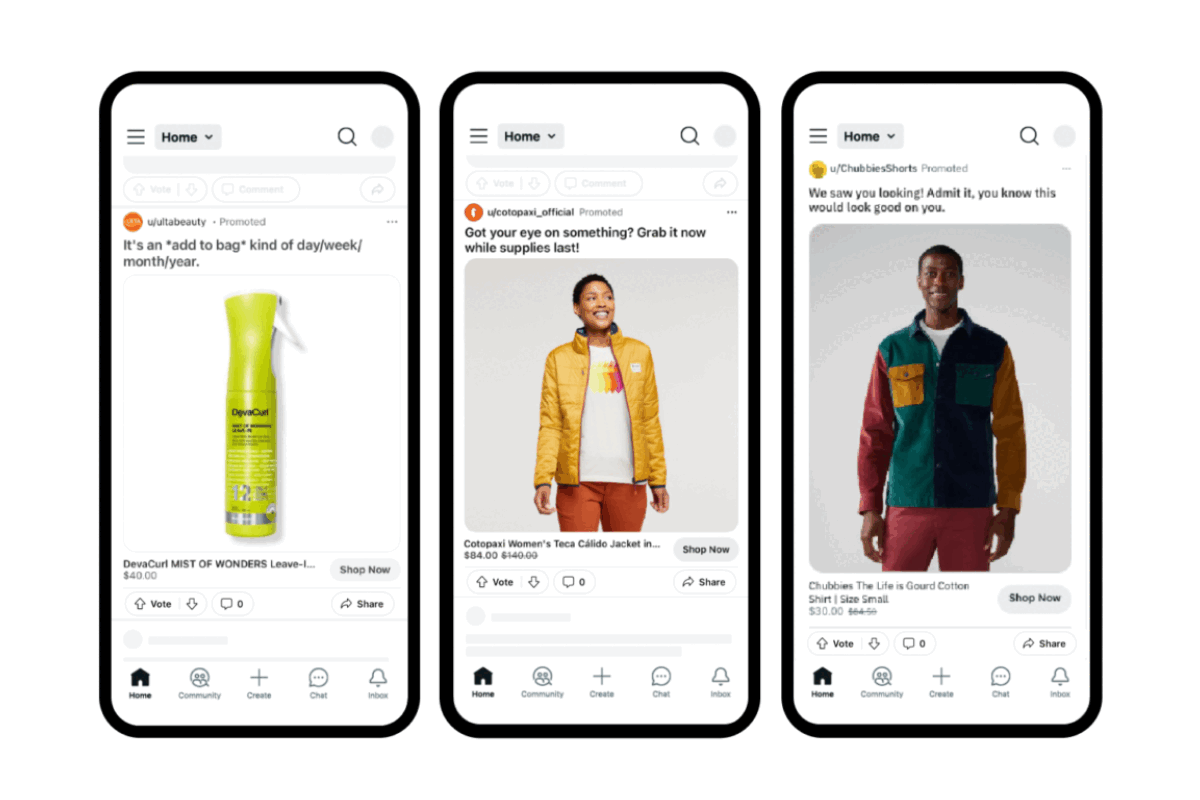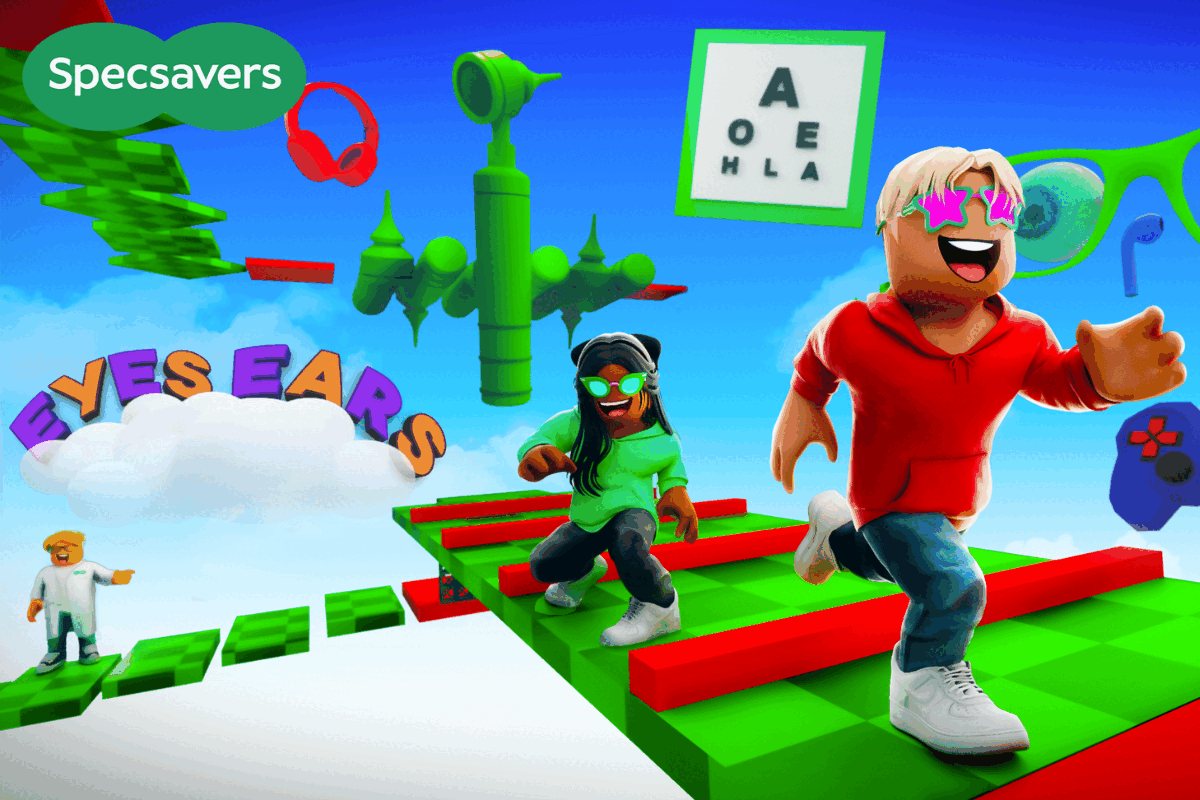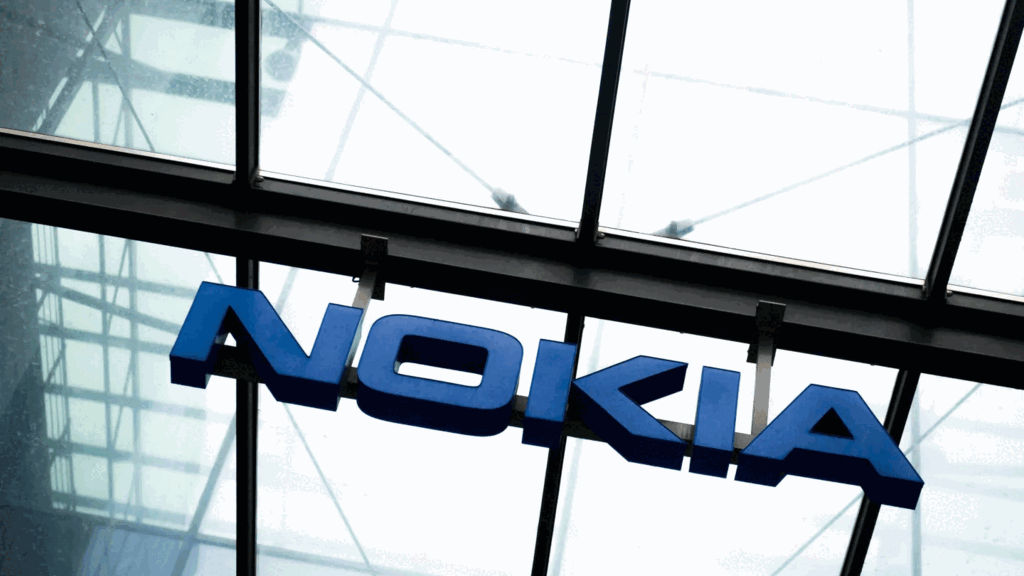Panasonic is bringing both Alexa and Assistant to its in-car infotainment systems
- Wednesday, January 10th, 2018
- Share this article:
 Japanese electronics company Panasonic has been working with both Amazon and Google to bring their respective virtual assistants to in-car infotainment systems.
Japanese electronics company Panasonic has been working with both Amazon and Google to bring their respective virtual assistants to in-car infotainment systems.
The company’s vehicle division announced – at the Consumer Electronics Show (CES) – that it had upgraded its Skip Generation (SkipGen) IVI platform to Android 8.1 Oreo, giving the system access to Google Assistant along with other Google services. Furthermore, the platform runs natively within the vehicle without the need for a mobile device.
“As we continue to evolve Android as a platform for consumers and across industries, leveraging the expertise from a partner like Panasonic allows us to deliver automotive-grade in-vehicle experiences,” said Patrick Brady, VP of Android engineering at Google. “Enabling instant access to Google services from the IVI provides new experiences for OEMs to deliver as they continue to seek new ways to connect drivers.”
On top of the Google Assistant integrations, Panasonic also announced it was working with Amazon to introduce Alexa natively to the next generation of in-vehicle infotainment (IVI) systems.
According to Panasonic, the integration will enable drivers to use Alexa to control their heating, media, navigation, and more.
“When drivers have access to familiar Alexa contextual commands and responses from inside the car, it opens up a new world of experiences OEMs can offer – enabling some of these capabilities even without an Internet connection is revolutionary,” said Tom Gebhardt, president at Panasonic Corporation of North America.
The pair are also working to make certain Alexa capabilities available to drivers when the car is not connected to a network.
“Panasonic’s work to bring Amazon Alexa to the car is a great example of how we’re seeing greater collaboration between technology vendors to provide a more consistent experience in different domains,” said Nils Lenke, senior director of corporate research at Nuance. “However, as we increasingly engage with more virtual assistants in our home, at work, in the car – and everything in between – a cognitive arbitrator will ultimately be needed to connect the diverse virtual assistants, third-party services and content, and intelligent agents through an interoperable interface. And in the car a true automotive assistant, which knows what drivers want and how cars work, is probably a better choice for the ‘driving’ end of that interface than a general purpose assistant coming from the home environment.”
















